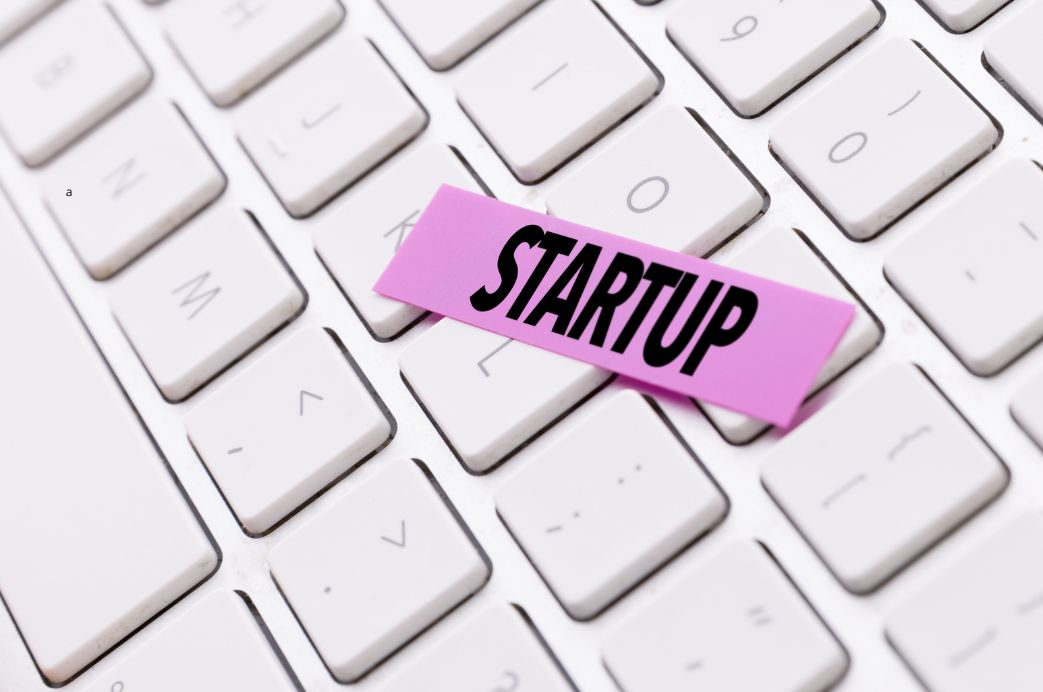Alberto Azevedo, Investment Specialist and CEO of Alby Foundation
In recent years, the venture capital market in Brazil has gone from euphoria to retraction. If before there was an excess of liquidity driving investments in promising startups, today the scenario is another. The high Selic rate and greater selectivity of investors imposed a brake on the ecosystem, making fundraising a growing challenge. Data from LAVCA show that investments have fallen from US$ 3.2 billion in 2022 to US$ 2.1 billion in 2023, and have plummeted to only US$ 225 million in the first three quarters of 2024 to rethink their new strategies.
The startup ecosystem was captivated by the idea that an innovative business necessarily needs traditional investors to exist. Venture capital rounds, inflated valuations and the obsession with raising millions early on have become almost a rite of passage. However, the question remains: what if we are buying a myth that benefits the financial market more than the entrepreneurs themselves?
Building an MVP ¡ ̄ simpler version of a product that can be launched in the market ̄ and validating an idea are crucial challenges, but venture capital is not the only, and perhaps not the best option for this step.In the craving for fast money, many founders end up diluting their stake too early and lose control over the company before they even understand their true growth potential. The capture model imposes a pressure for artificial scalability, which can be fatal for businesses that need time to mature.
Companies like Mailchimp, Amazon and Duolingo have gone their separate ways, exploring alternatives such as bootstrapping, rounds with family members grants and crowdfundingMailchimp, for example, never received a cent of venture capital and was sold by US$ 12 billion. Duolingo secured its first stages of development with research grants. Jeff Bezos took the first steps of Amazon with an investment from his own family.
The traditional investment model creates a vicious cycle where startups capture to grow, grow to capture more, and in the process lose identity and purpose. Many organizations end up being held hostage by investors who demand accelerated returns, forcing unnecessary pivots and decisions that can compromise the longevity of the business. The culture of growing or dying has led giants like WeWork and Peloton to burn billions before realizing that sustainable growth should have been the priority from the beginning.
There are alternatives. O bootstrapping ensures full control. O crowdfunding validates the market and generates cash without dilution. Grants and grants offer cash with no refund required. Accelerator programs can be a shortcut to strategic connections, and pre-selling products allows customers to be the true early investors. Airbnb started selling cereal boxes to keep up with validating its business model. Pebble raised over US$ 10 million on Kickstarter before manufacturing a single smartwatch.
Entrepreneurs need to break free from the narrative that there is only one way. Venture capital can be a useful tool, but it should be seen as a strategic choice, not as a prerequisite. Startups that understand their options increase their chances of building solid, sustainable businesses aligned with the vision of their founders. The money is there, we just need to stop looking always in the same direction.


